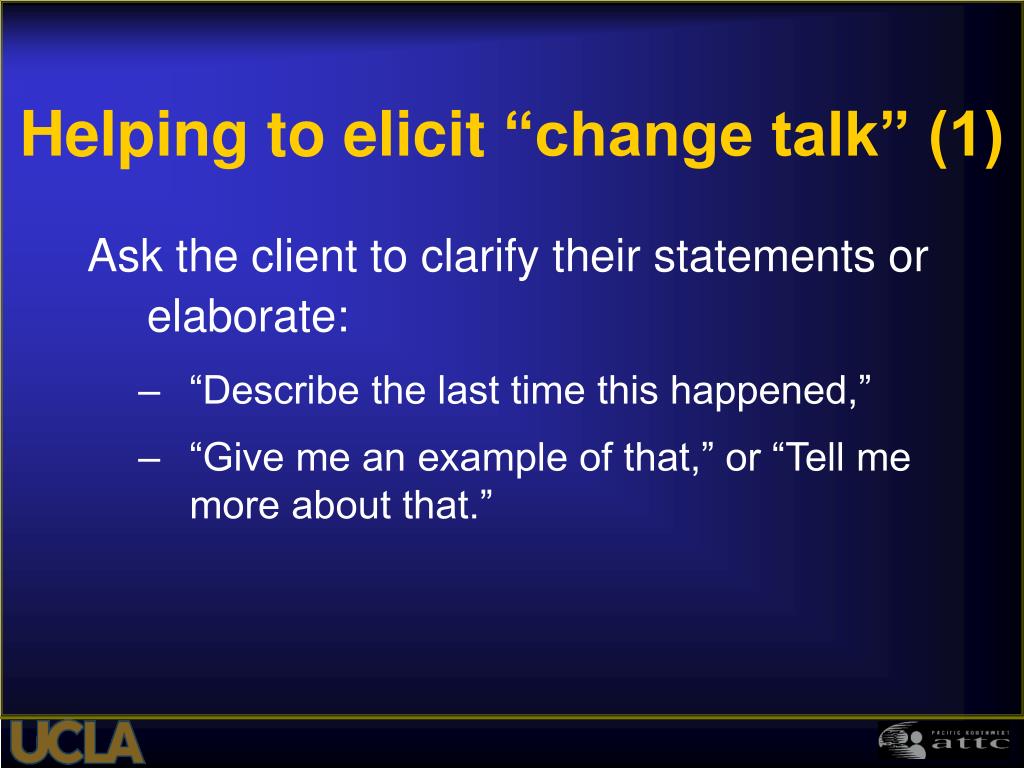

#In the market actions known as incentives affect how to


Where you have a command economy on the one side and a market economy on the other side of the spectrum. One of the ways societies have been attempting to answer these questions is by implementing certain economic systems the most famous examples of those are: capitalism and communism. What will be produced with society’s limited resources? How will we produce the things we need and want? How will society’s output be distributed? This incentives me to make certain decisions such as offer up labour to be able to obtain those resources.ģ. Scarcity of certain resources that I desire makes in not always possible to obtain those things. I as most agents in our society desire certain things. It can help with decision making in areas of how to progress in a way that is beneficial and good for a society, outside of absolute truths.Ģ. Economics is not an absolute science it is a social sciences it looks at human behaviour and ethics. Measures such as the unemployment rate, rate of inflation, and national output that summarize all markets in an economy, rather than individual markets economic aggregates are frequently used as measures of the economic performance of an economy.

The study of aggregates and the overall commercial output and health of nations includes the analysis of factors such as unemployment, inflation, economic growth and interest rates. The study of the interactions of buyers and sellers in the markets for particular goods and services Unlike positive analysis, normative analysis is subjective thinking about what we should value or a course of action that should be taken, such as the importance of environmental factors and the approach to managing them. Rewards or punishments associated with a possible action agents make decisions based on incentives.Īn agent is "rational" if they use all available information to choose an action that makes them as well off as possible economic models assume that agents are rational.Īnalytical thinking about objective facts and cause-and-effect relationships that are testable, such as how much of a good will be sold when a price changes. Some entity making a decision this can be an individual, a household, a business, a city, or even the government of a country. Graphical and mathematical tools created by economists to better understand complicated processes in economics. The fact that there is a limited amount of resources to satisfy unlimited wants.Īlso called the factors of production these are the land (natural resources such as minerals and oil), labor (work contributed by humans), capital (tools, equipment, and facilities), and entrepreneurship (the capacity to organize, develop, and manage a business) that individuals and businesses use in the production of goods and services. The study of how individuals and societies choose to allocate scarce resources.


 0 kommentar(er)
0 kommentar(er)
